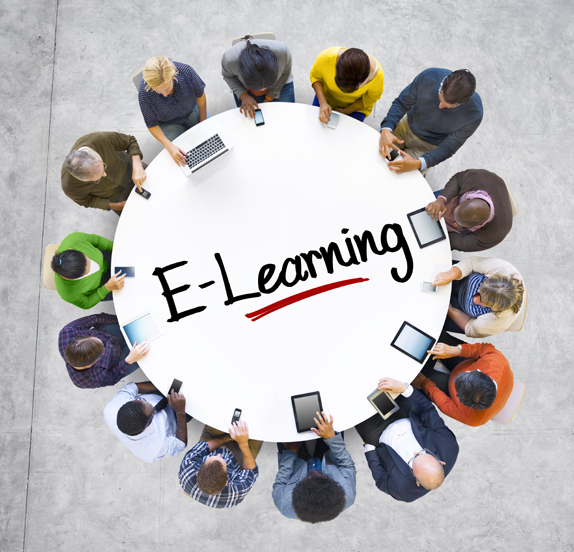Several months ago, I sat down with my grandmother and looked through some of the old papers she had from her father. My great grandfather did a lot of things. He was a preacher, ran the newspaper and was the lawyer in the small town where they lived. My grandmother was showing me his diplomas and other papers. He had a diploma from college, a diploma from seminary, and a law license.
I noticed that we didn’t have his diploma from law school. When I asked about it, my grandma told me that he never went for a law degree. He was enrolled in law school and after the first semester, a friend dared him to take the bar exam. He took it, passed and dropped out of school to begin practicing law.
It turns out that many states didn’t used to require lawyers to have a degree in law as long as they could pass the exam. Some states still allow this. For example, you don’t have to have a degree to sit for the exam in California, Vermont, Virginia and Washington.
This got me to thinking about the way our idea of education and skill sets has shifted over the years. Rather than focusing on whether or not someone has the skills for a particular job, we’ve become very focused on getting an expensive piece of paper. This has been to the detriment of society because we end up with lots of people leaving college with a large amount of debt, a diploma and a skill set that is of very little use to most employers. The large debt sets something of a lower limit on the salary they are willing to take and employers can have a hard time justifying that level of pay for someone who needs a lot of experience in order to be productive.
A couple professors from Stanford were creating a class on Artificial Intelligence last year and decided to do something different. Since they were planning to use technology to automate the test taking, they realized that letting other people in to audit the class wouldn’t really require any more work. In addition to teaching several hundred Stanford undergrads, they made it available online to everyone else who might want to take it . . . for free. The non-Stanford students didn’t get college credit from Stanford, so the class didn’t count toward a degree, but to people who were primarily after the knowledge and skill set, that didn’t matter. It turns out there were a lot of people in that position and 72,000 signed up for the online course.
Now that is all pretty interesting, but the really interesting thing was the email the teachers sent out to the top students. The email congratulated them on being in the top 1000 students and said they would be happy to pass on their resume to companies looking for their skill set.
Typically college degrees are paid for by students (and taxpayers, when you consider student loans) who are willing to pay for them in order to have a chance at getting a job. For years, this worked because employers were willing to pay a premium for someone with a degree. However, as more and more people go to college, a degree is becoming less of an indicator of a quality employee. However, how well a student does in a particular class taught by a particular teacher may be a very good indicator of how well a student will do at a particular job. This is especially true if employees are willing to take a lower salary starting out because they don’t have all the college debt and employers are willing to spend more on on-the-job training because they aren’t paying as high of salaries for employees who are still getting experience. What if future college classes were free or inexpensive for students and paid for by employers who are looking for access to the resumes of top students in particular classes?
Other people have this idea. The professors who taught the Artificial Intelligence course started a company called Udacity to do just that. Coursera is another company that does something similar. In both cases, the classes are free to students and the fine print says something about the fact that if you do well and are looking for a job, they may invite you to submit your resume.
But having employers pay for resumes isn’t the only model for free education. edX is a collaboration from MIT, Harvard and Berkeley that is putting some of classes online and available for free. MIT’s Open Courseware gives you access to most of the course materials from a number of MIT classes. Khan Academy is a non-profit full of videos covering a significant portion of the stuff you’d learn through high school.
Education is going through some significant changes, but one of the biggest shifts is the way that anyone with a computer and an Internet connection can get a quality, college-level education for free if they are willing to dig in and study. With online, on-demand videos, even having a job isn’t the barrier to education that it used to be.

Im interested for free education how can i qualify for this free education….
The sites I linked to in this article are probably a good place to start.